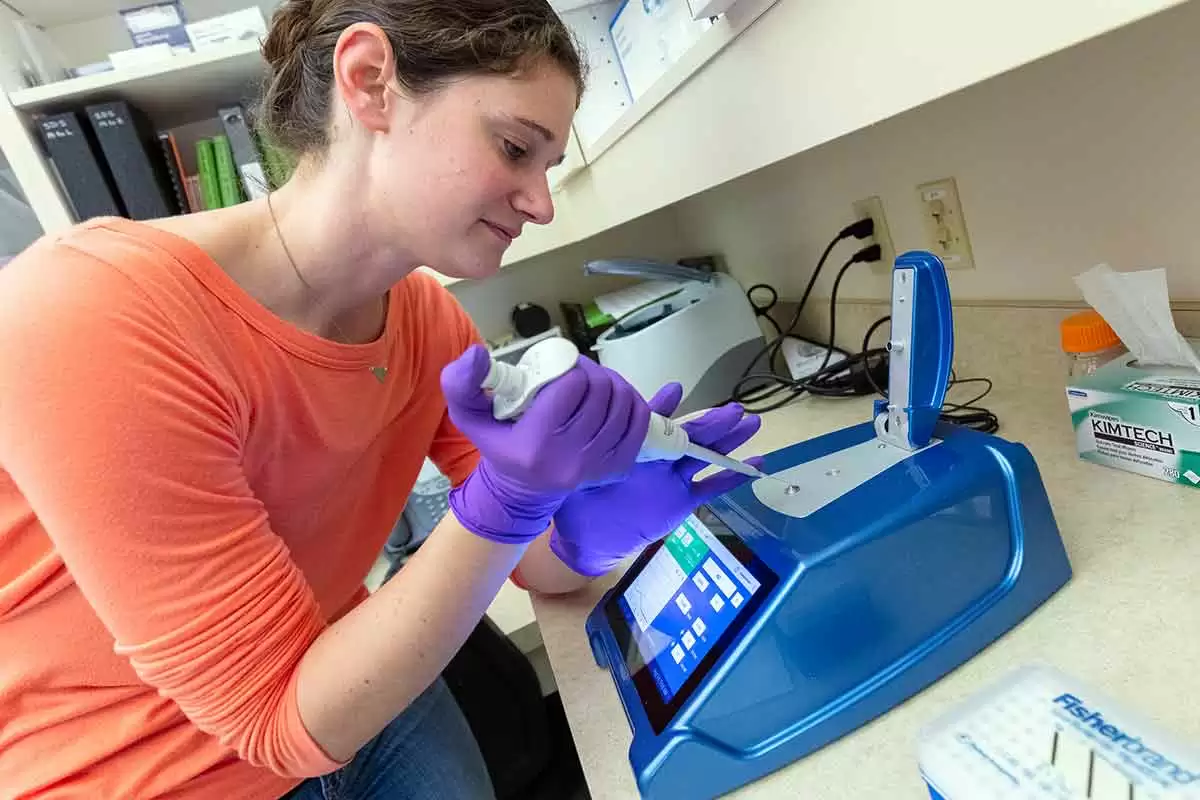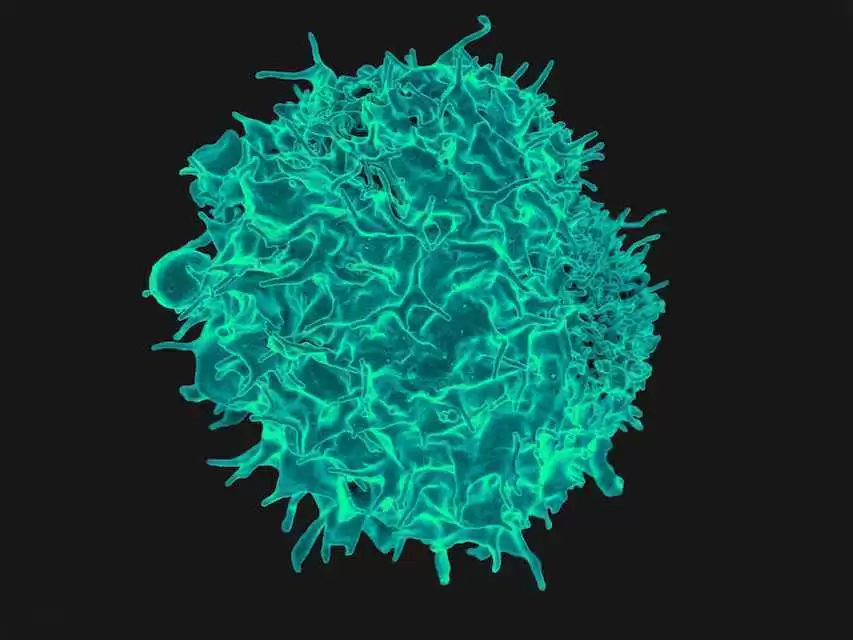
Celiac.com 05/20/2021 - Celiac disease is the result of complex interactions of environmental, genetic, and immunological factors. Celiac disease is now considered a prototype of T-cell-mediated disease marked by gluten intolerance, and the targeted destruction of enterocytes by T-cell receptor αβ intraepithelial lymphocytes.
However, the latest research indicates that innate immune system activation is necessary to trigger a gluten-specific T helper-1 response. Mast cells play a key role in innate immune response, and contribute to the pathogenesis of numerous diseases. A team of researchers recently set out to examine the role of mast cells in celiac disease.
Celiac.com Sponsor (A12):
The research team included Barbara Frossi, Marco De Carli, and Antonino Calabrò. They are variously affiliated with the Department of Medical and Biological Science, University of Udine, in Udine, Italy; the Second Unit of Internal Medicine, University Hospital of Udine, in Udine, Italy; the Department of Experimental and Clinical Biomedical Sciences “Mario Serio,” University Hospital of Florence, Florence, Italy; and the Tuscany Referral Center for Adult Coeliac Disease, AOU Careggi in Florence, Italy.
They reviewed the results of studies on the role of mast cells in the development and trajectory of celiac disease, demonstrating that these cells increase in number as the disease progresses, and promote inflammation, and the researchers conclude: "Considering that mast cells are at the forefront in the interaction with the environment due to their privileged position within the mucosal tissue, the ability of mast cells to respond to gliadin peptides accounts firstly for a direct role of mast cells in the onset of celiac disease."
Read their full report in the International Journal of Molecular Science.





.webp.c53b640f544ac5b6827ea9b8bf621ae6.webp)

Recommended Comments
Create an account or sign in to comment
You need to be a member in order to leave a comment
Create an account
Sign up for a new account in our community. It's easy!
Register a new accountSign in
Already have an account? Sign in here.
Sign In Now